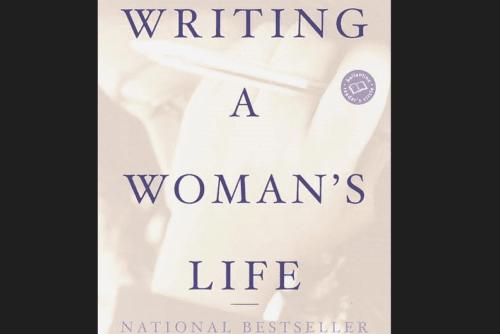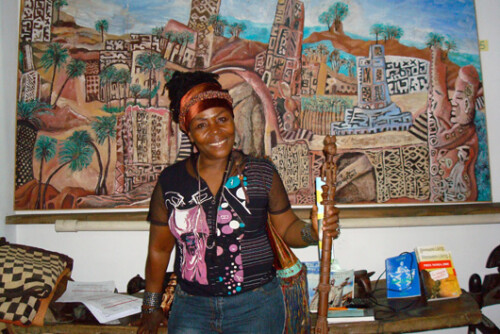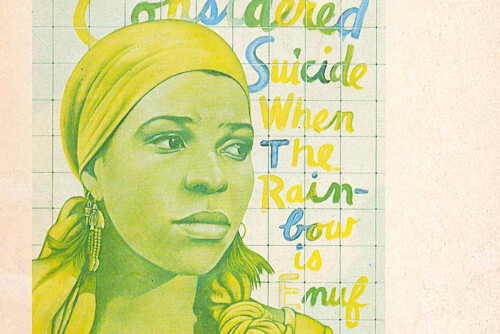Issue 4.2 of The Scholar & Feminist Online, “Writing a Feminist’s Life: The Legacy of Carolyn G. Heilbrun,” takes as its point of departure the February 2005 conference, “Writing a Feminist’s Life: Academics and Their Memoirs,” which was sponsored by the Institute for Research on Women and Gender at Columbia University and organized by Lila Abu-Lughod, Marianne Hirsch and Jean Howard. Dedicated to exploring the life and work of feminist scholar and author Carolyn G. Heilbrun, this issue of the journal takes its place alongside previous tributes to Barnard alumnae Zora Neale Hurston (Issue 3.2) and Margaret Meade (Issue 1.2). Grouped together under the banner of “Women Who Make a Difference,” these volumes of the journal mark the titanic contributions of three women scholars and artists to their fields and to feminism, but also (and more specifically) the contributions of women whose work grew out of the communities they formed and, at times, the conflicts they found at Barnard and Columbia.
As guest editors Nancy K. Miller and Victoria Rosner note in their introduction, Carolyn Heilbrun’s relationship with Columbia, where she taught English literature for more than thirty years, was sometimes fraught. Her unapologetically feminist approach to her work – a controversy in itself in the “conservative halls of Columbia” – was certainly not welcome by all of her colleagues, but her voice – fiercely intelligent, uncompromisingly honest, and thoroughly engaging – was one that so many were waiting, with enthusiasm, to greet. When Carolyn arrived at Columbia, women’s studies was less a viable academic pursuit than an idea struggling to find its first footing in various disciplines across the humanities and social sciences. It took scholars like Carolyn to convince us of the necessity of broadening our understanding not only of literary achievement but, more crucially, of what stories fundamentally deserved to be told. Again, in the words of our guest editors, it was Carolyn’s tireless determination to narrate the lives of intellectually and socially autonomous women that “convinced us that women should author and control their own destinies.”
In this issue of SFO, we present the reflections on Carolyn Heilbrun’s life and work alongside the autobiographical writings of academics who, in narrating their own lives, give such eloquent voice to her legacy. In Part I, “Carolyn at Columbia,” conference participants and Heilbrun-colleagues Ann Douglas, Joan Ferrante, Jean Howard, and Margaret Vandenburg discuss the indelible impression, both personal and institutional, that Carolyn left on campus. We also present here the complete panel presentation, “Out of the Academy and into the World,” a 1992 gathering sponsored by the Center for the Study of Gender and Society at the Graduate Center at CUNY, which features Carolyn in conversation with other scholars whose works and careers she helped to shape. The second and third parts of the issue, “Academics and Their Memoirs” and “Conference Comments and Conversations,” present highlights from the IRWAG conference described above: we offer both transcript and video excerpts and selections from memoirs by Mary Ann Caws, Marianne Hirsch, Nancy K. Miller, Charlotte Pierce-Baker, Eve Kosofsky Sedgwick, and Gayatri Chakravorty Spivak. In the issue’s final section, Susan Gubar and Susan Winnett offer a touching coda with their reflections on revisiting Carolyn’s work after her death.



